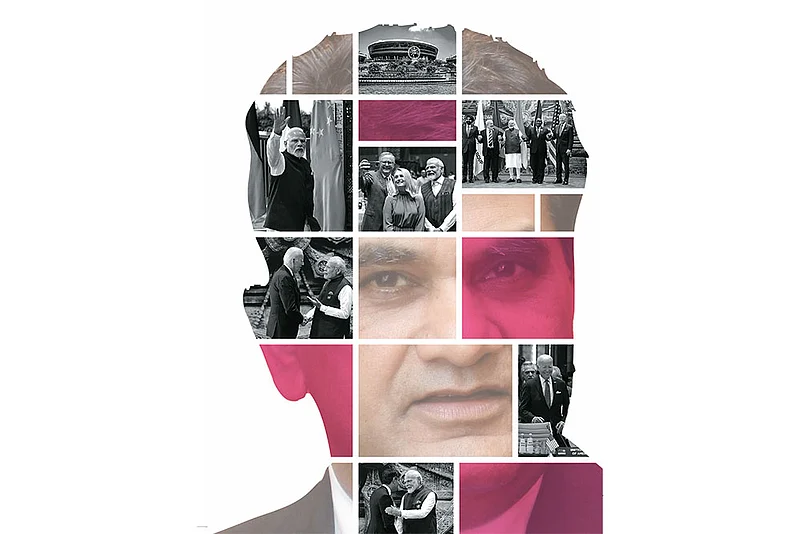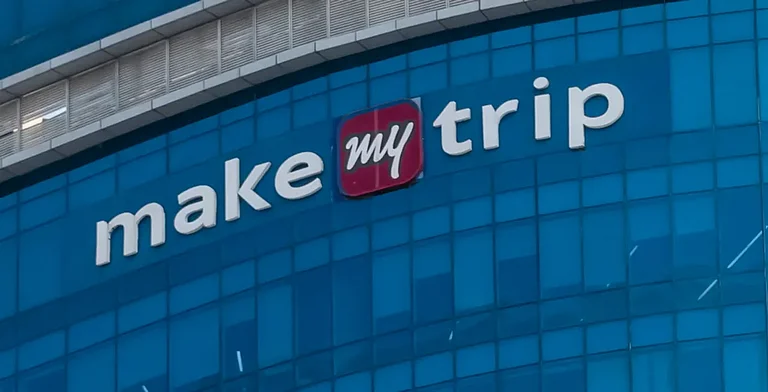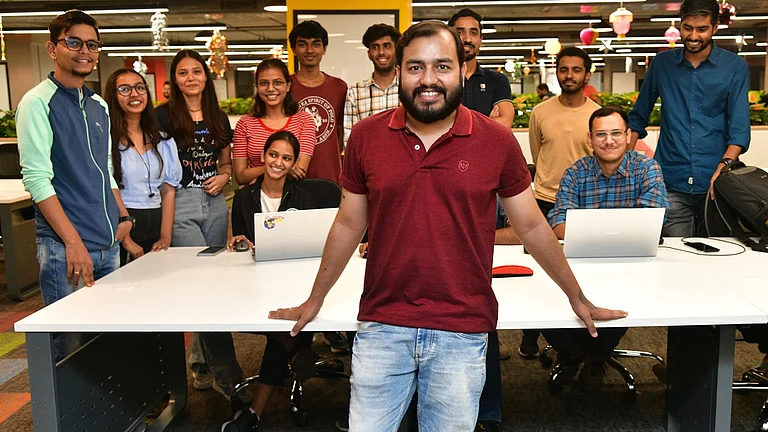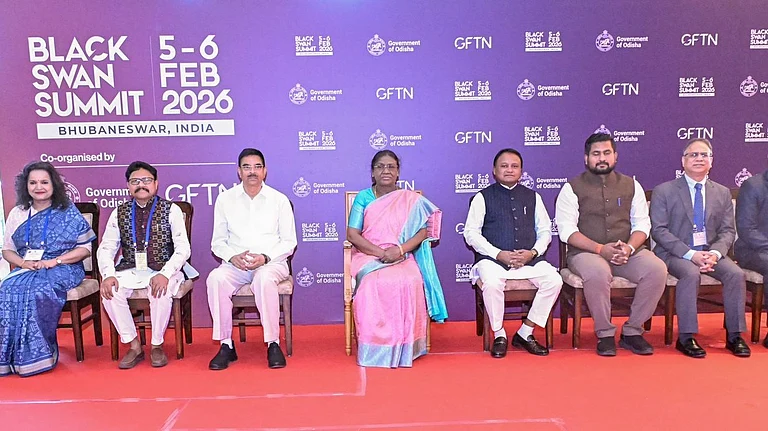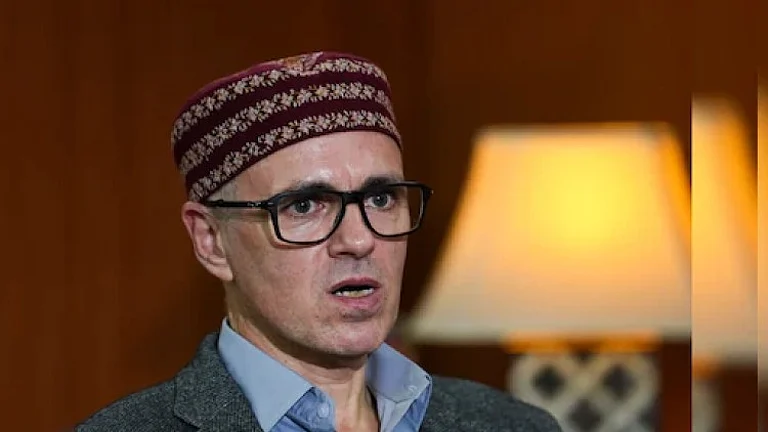The role of the president of the Group of Twenty (G20) is significant in that it is responsible for “bringing together the G20 agenda in consultation with other members and in response to developments in the global economy”, according to the outline given on the group’s website. However, when India took over the presidency of G20 last December, the biggest apprehension was about building consensus on key global issues, especially in a tense geopolitical climate due to the Russia-Ukraine conflict. This tension threatened to derail the issuing of a joint statement at the G20 summit—a usual practice at these gatherings—scheduled in New Delhi in 2023. The pressure on India and its G20 sherpa Amitabh Kant was immense.
In multilateral forums like G20, each member nation is represented by its sherpa, often a career bureaucrat. Even before India took over the G20 presidency, Kant had already showcased his negotiation skills at the 2022 G20 summit in Bali, Indonesia. India’s sherpa played a key role in helping build a consensus for the Bali Leaders’ Declaration which was agreed upon by all G20 nations. “It would have been very difficult if I had not helped then,” he says. “If G20 had split in Bali, then that would have been the end of G20. There were differences of opinion, but I steered that declaration and got it through. That is how Bali got a declaration finally,” he adds.
He has previously spent decades in various rungs of bureaucracy, working with states as well as the Central government. His tenure with the Department of Industrial Policy and Promotion at the Centre won him recognition in top circles, having tasted success with key projects such as Make in India and Startup India. In his latest assignment before being appointed as India’s G20 sherpa, Kant headed NITI Aayog—the Centre’s apex policy think tank—from 2016 to 2022. But the bureaucrat in Kant was perhaps aware that the role of G20 sherpa would test him on one particular aspect that did not warrant as much attention earlier in his career—diplomacy.
The Ultimate Test
In the run-up to the G20 summit in New Delhi this year, it was clear that the host country would have several challenges to navigate. Even before the main summit, the team had to work with all the states and Union territories in the country to organise 220 meetings across 60 cities. It was a challenge to work with so many states, feels Kant.
“The PM wanted all the states to be involved. We wanted infrastructure to be improved. So, we got the changes made in drainage and solid waste, and other infra was improved in all the states. It was not just G20, it was basically improving India’s infrastructure also. So that was a tough job,” he says.
Among the member states of G20, several differences of opinion were set to emerge on key issues like energy and climate, given the composition of the multilateral forum. There are developed countries like the US, the UK, Australia and Japan on one side and developing nations like Indonesia, Mexico, Brazil and South Africa on the other, each with differing requirements and reservations.
But by the time the summit got underway in the second week of September, India had more reasons to worry. Russian president Vladimir Putin and Chinese president Xi Jinping made it clear that they would not attend the New Delhi summit, marking a clear departure from their usual appearances at G20 events.
Since the Russia-Ukraine conflict was a sensitive matter, Kant knew that it was going to be difficult to get Russia and the G7 nations to agree on parts related to geopolitical issues in the proposed joint communique. But he also realised that the key to achieving a diplomatic victory in this case rested on getting the emerging economies to rally behind India.
Eventually, the New Delhi Leaders’ Declaration was adopted by the G20 nations on September 9, 2023. “Why we succeeded was because when we went with the final draft, we had Brazil with us. We had Indonesia with us. We had South Africa too. We had Mexico, Argentina, Saudi Arabia and Turkey also with us. The emerging markets together put up the final draft, and I got everybody to sign [it],” recalls Kant.
Long Nights
The story behind the final draft was one of sleepless nights and tireless rewriting. It involved over 200 hours of continuous negotiations and 16 drafts that failed to make the cut.
Kant narrates the lead-up to the final draft as thus, “On 8th [September], we had a discussion on the 16th draft, but it failed. Then we got into a discussion with Russia. From 3 am to 6 am, we discussed with Russia because they had many demands. They wanted many things to be included. We settled all that. We put out the 17th draft around 11 o’clock in the night and we got everybody together. Leaders had already started coming out and then we said, take it or leave it. This is the final draft. We know everybody’s red line, we have covered everybody’s viewpoint. We pushed everybody.” The result was 83 paragraphs that were acceptable to all the member nations, without any notes of dissent or footnotes. In the world of international negotiations, this is an exceptional success.
The fact that the African Union was inducted into the G20 during the New Delhi summit added more colour to the success of India’s presidency. The achievements of its G20 team was well-received across political lines. Immediately after the first day of the summit, Shashi Tharoor, member of Parliament from the Congress party, congratulated Kant and said that “the IFS lost an ace diplomat when you [Kant] opted for the IAS!”. Tharoor’s remarks carry significance as he is a former diplomat with years of experience at the United Nations.
As for Kant, he is satisfied with the way he fulfilled his responsibilities as a G20 sherpa. “The job of a sherpa is to take the leader on top of the Mount Everest. And I feel happy that I was able to take my leader to the top of Mount Everest,” he says with a smile.






